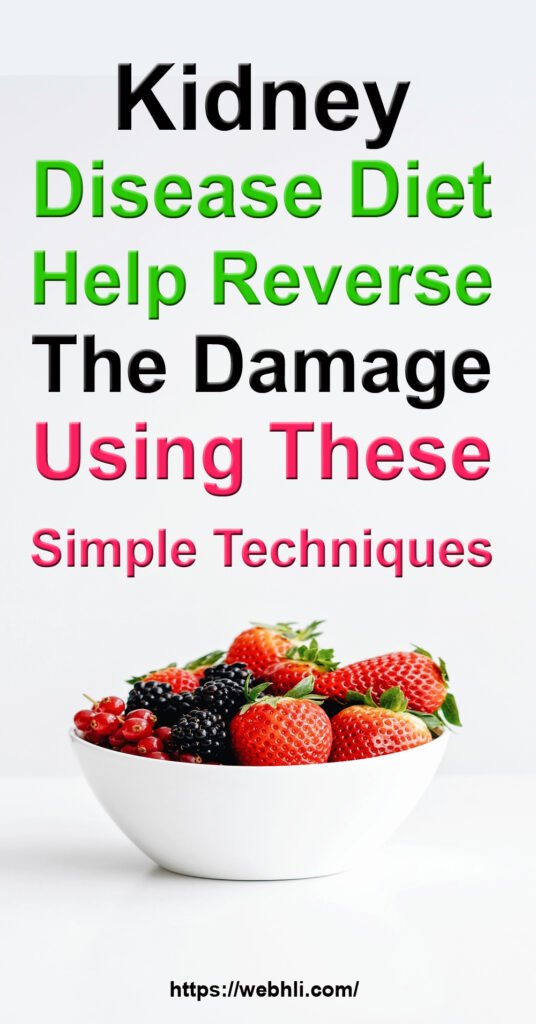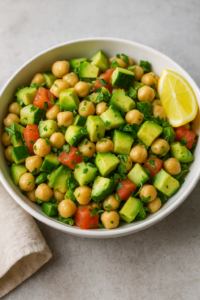The job of the kidneys is to take the products that are broken down during digestion, filter out the toxins, and deposit the metabolites that are necessary and good for us back into our bloodstream. So it makes sense that if we give our kidneys less toxins to deal with in the first place, through a healthy kidney disease diet, it decreases their stress load and they have a better chance to rest and restore themselves back to healthy functioning.
How to Prevent Our Kidneys From Malfunctioning
Prevent Diabetes Problems – Keep Your Kidneys Healthy
Best Foods for People with Kidney Disease
If you have normally functioning kidneys, a great way to keep them that way is by keeping them flushed out by drinking a lot of pure water. But people with damaged kidneys cannot process large amounts of fluids. The kidneys cannot keep up, and end up depositing half-filtered materials back into the blood stream, which causes a buildup of toxins. So if you have been diagnosed with kidney disease, your doctor may recommend that you keep your fluid intake somewhere between four and eight cups of high-quality fluids per day. The term "fluid" means anything that becomes liquefied at room temperature, so be careful to count soups and ice cream and other "foods" that may fall in to this category (though I would highly recommend not to eat ice-cream due to its acidifying nature within the body, and saturated fat content). Filtered water and certain herbal teas that can help to strengthen and flush the kidneys are your best options for fluids.
Sodium intake is also an important consideration in the diet of someone with a kidney disorder. Extra sodium means that your body will retain more fluid, compounding the problem of your kidneys not being able to deal with the amount of fluid already present. It is almost impossible to thoroughly eliminate sodium from your diet, not that you would want to, as sodium is an important electrolyte used by the body. But you should be aware that sodium is found in much higher quantities in processed foods than it is in natural, whole foods. Processed or cured meats, a lot of cheeses, and most canned items contain astonishing amounts of salt. This does not mean that you are restricted to a lifelong diet of brown rice and water, though! White cheeses, such as ricotta or mozzarella are smarter options than hard yellow cheeses, and can be used in moderation. Organic, unprocessed, lean meat in small quantities is an option, although fish is a much healthier source of protein. You may just find that by sidestepping salt, you explore other seasonings and spices in your cooking (e.g. basil, thyme, mint, garlic, and pepper), opening up a whole new world of flavors for your palate.
In addition to keeping your sodium intake in check, potassium should be monitored also. This can be trickier, because its quantities are usually not listed on the packages of food. Foods with the largest amounts of potassium are dried foods, such as fruits and beans, all of the winter squash-type vegetables, potatoes, avocados, and fruits such as oranges, apricots, and peaches. Safe foods, with low levels of potassium, which should be generously included in your diet, include apples, grapes, cucumbers, cranberries, asparagus, berries, and cauliflower. Also to note: if you are trying to limit your sodium intake, as you should be, stay away from salt-substitutes, as they usually contain large amounts of potassium.
Considering that the kidneys need to deal with proteins, compromised kidneys should be given less protein to process to conserve their strength. You would be surprised at how much protein the average person consumes each day - most people have much larger protein intakes than their body requires, leaving a huge, unnecessary workload for the kidneys. Protein should come in the form of egg whites, moderate portions of beans, and small amounts of unprocessed, preferably organic lean meats, and fresh fish. Meat should be limited however, due to its high saturated fat content.
Taking control of your diet is one of the most important things that you can do to improve your kidney health and prevent any future damage. A diet consisting of fresh, unprocessed, natural foods combined with pure water and possibly kidney strengthening herbal teas (such as nettle leaf tea) is one of the smartest and easiest ways to give your kidneys the best chance possible for restoring their (and your!) well-being.
Article Source: http://EzineArticles.com/5000496




 Protected by Patchstack
Protected by Patchstack